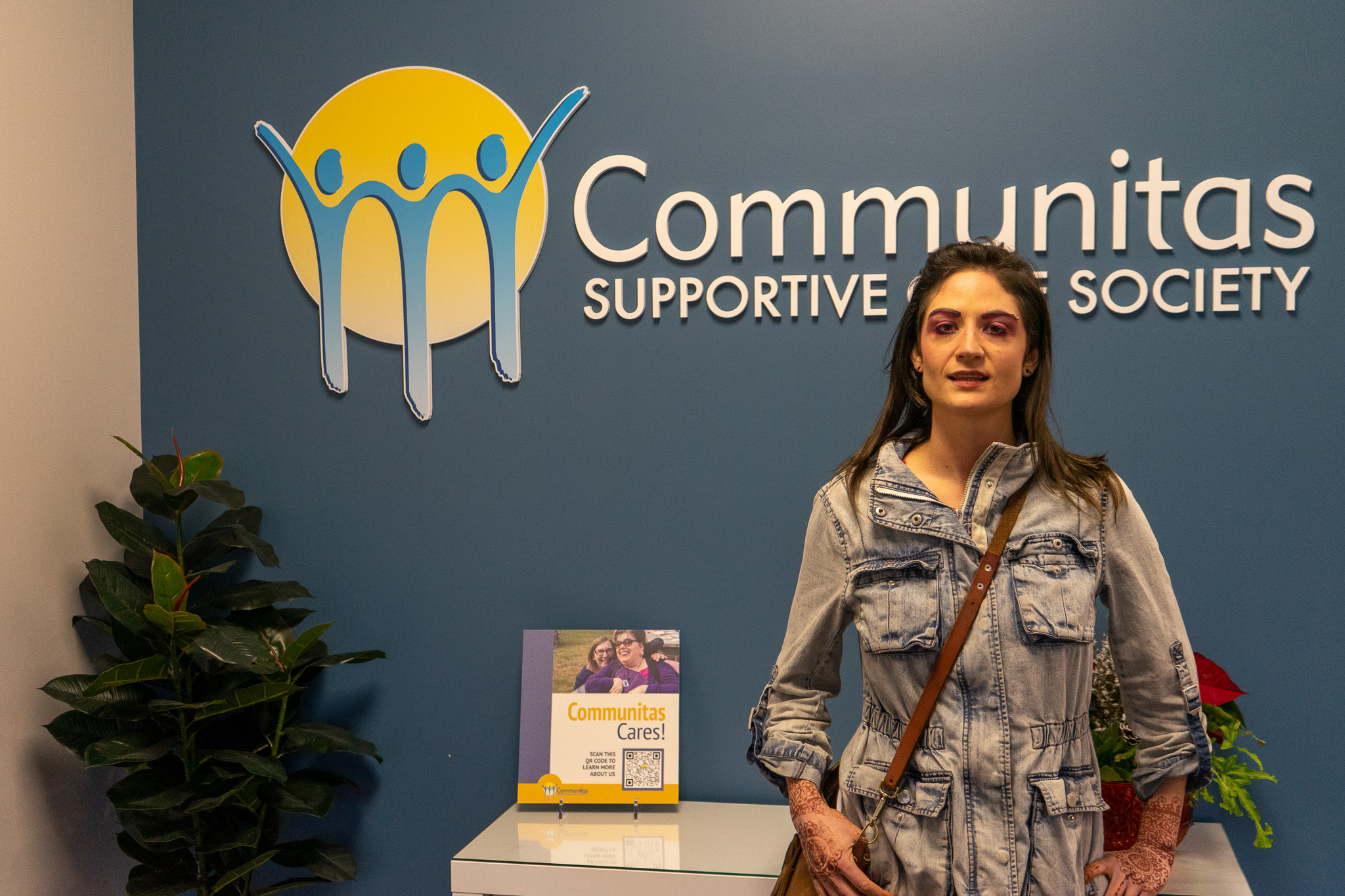
Staff
Connecting to Indigenous Roots Important To Healing Journey
When Adria reflects on her journey towards mental wellness, she recognizes that the journey began with a reconnection to her indigenous roots.
Adria is from the Tsartlip First Nations, on the west side of the Saanich Peninsula on Vancouver Island, one of the five communities that constitute the W̱SÁNEĆ Nation.
“I have been aware of my indigenous heritage since birth,” she says. “My grandmother would share how my great-grandfather, a fisherman by trade, started the process of making our language (SENĆOŦEN,) which was strictly an oral language, into a written one.”
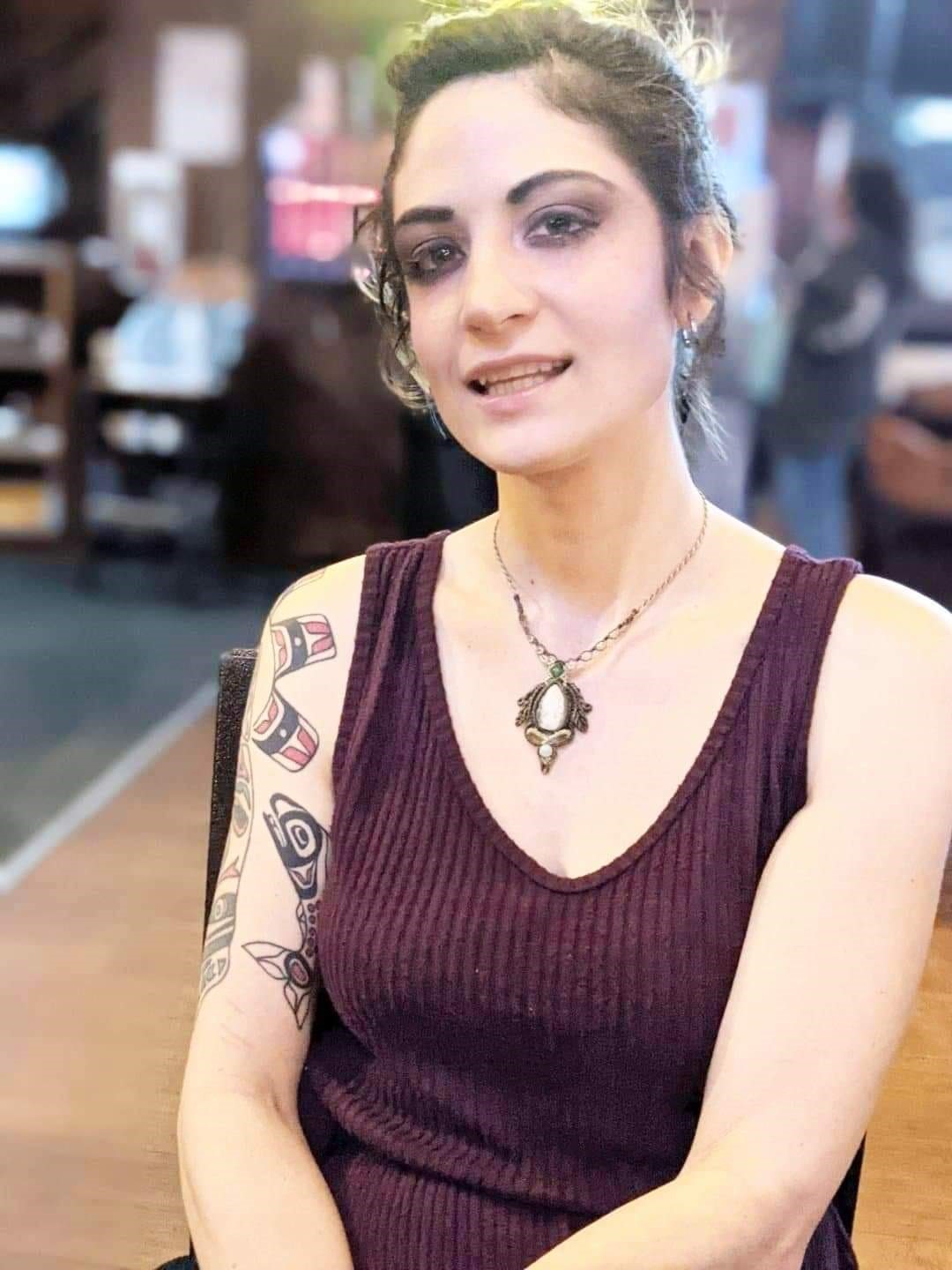
As a young adult, she worked on a farm in Central Saanich, while getting to know her culture and language. It was during this time that she began to struggle with her mental health. Eventually, she left Vancouver Island, settling in the Fraser Valley. It was here that her journey with mental illness became difficult. Adria began to hear voices and suffered from hallucinations. Caffeine and recreational drugs became ways to try and settle herself, not realizing that these could impact her mental health in a negative way. A psychotic episode led to hospitalization, and a diagnosis of anxiety, depression, and Schizophrenia. In the midst of all this, Adria had become homeless and although she was struggling, she still resisted support. It was when she turned back to her indigenous roots that she finally found the help she needed. She decided to go to the Coqualeetza grounds in Chilliwack and asked to speak to someone in their mental health unit.
The nurse practitioner was the first person that I spoke to who truly listened to me and made me feel heard.
Adria felt comfortable enough to have that nurse refer her to Chilliwack Mental Health, which launched the process for Adria to receive support. Today, Adria is thriving. She works as a manager for Communitas’ Peer Support services helping others on their journey towards mental wellness. As she has reconnected to her culture, she has realized how important it is for people in indigenous communities to find safe places to speak about mental health.
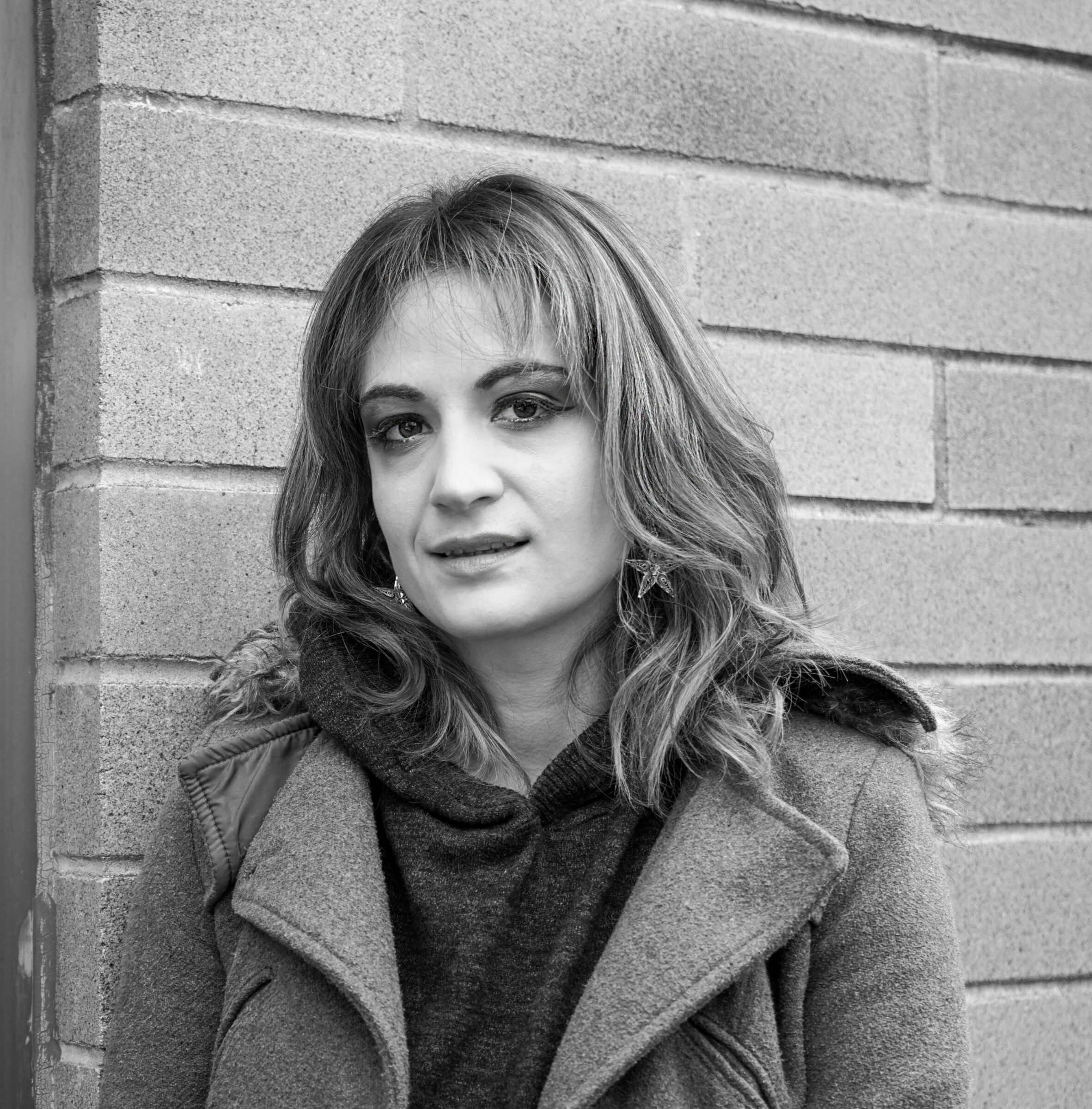
“Our people have struggled through colonization and generational trauma. There is so much unspoken pain and trauma-response behaviour that we carry,” she explains. “Talking about our mental health can help us accept our pain, heal, and continue to grow within our culture.”
Adria shares her story whenever she can, using whatever media is available to her. She has been part of a CBC series that explores societal taboos (like talking about mental illness,) and has shared her story in videos with the BC Schizophrenia Society. She believes that by sharing her story, others may be encouraged to share theirs.
Adria continues to find new ways to support her own mental health, taking part in somatic group therapy offered through Stó:lō Nation. “It has helped me create the community connection that I have been yearning for,” she says. “It has also helped me acknowledge how I feel about my roots in a more meaningful way.”
Related Stories
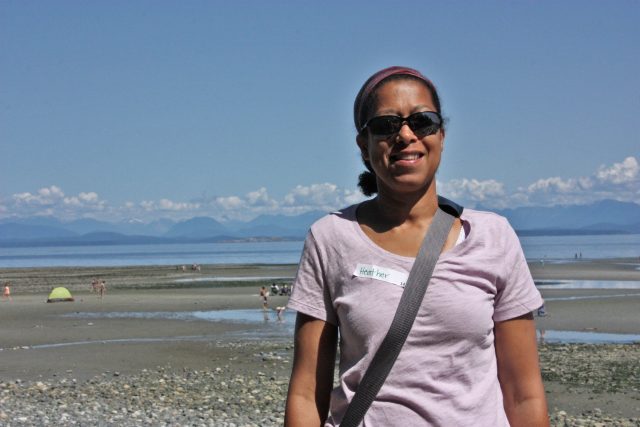
Fulfilling a Desire to Serve
Heather is a person who has a deep desire to serve; it’s what makes working at Communitas such a fulfilling place to be!
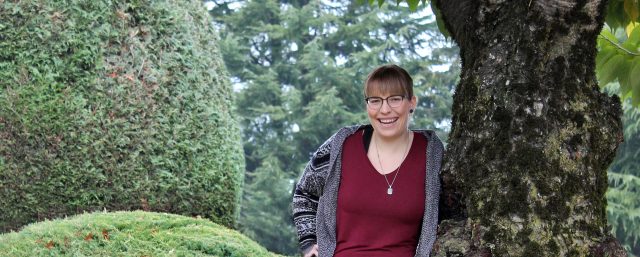
Thankful for a Safe Place to Grow
Vicky is grateful for her experience at Communitas and the way it helps support and shape her desire to serve others.
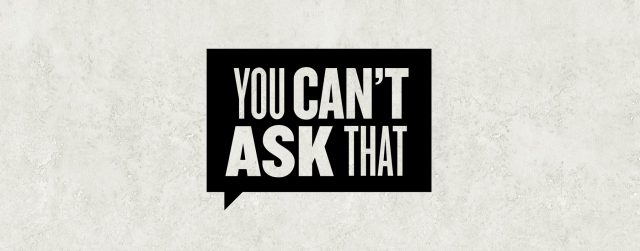
You Can’t Ask That!
Last fall, Peer Support Worker, Adria Roberts had the opportunity to share her journey with schizophrenia in a very unique way, one that is being shared across Canada.